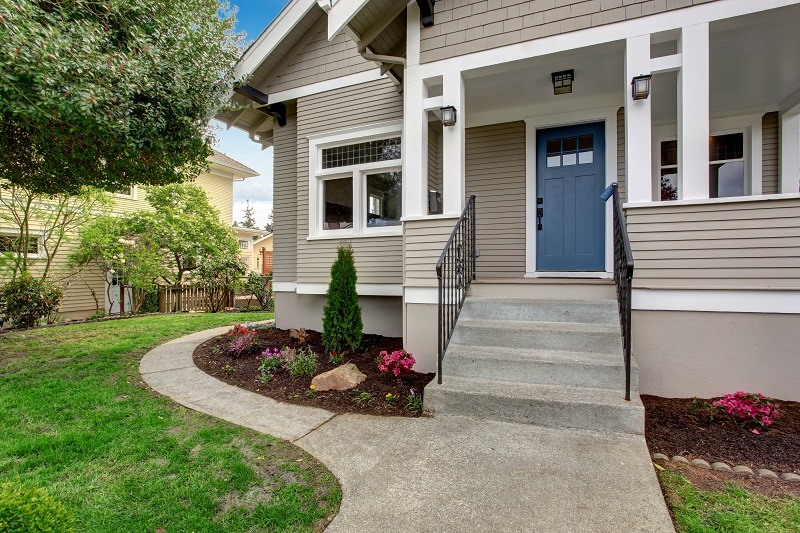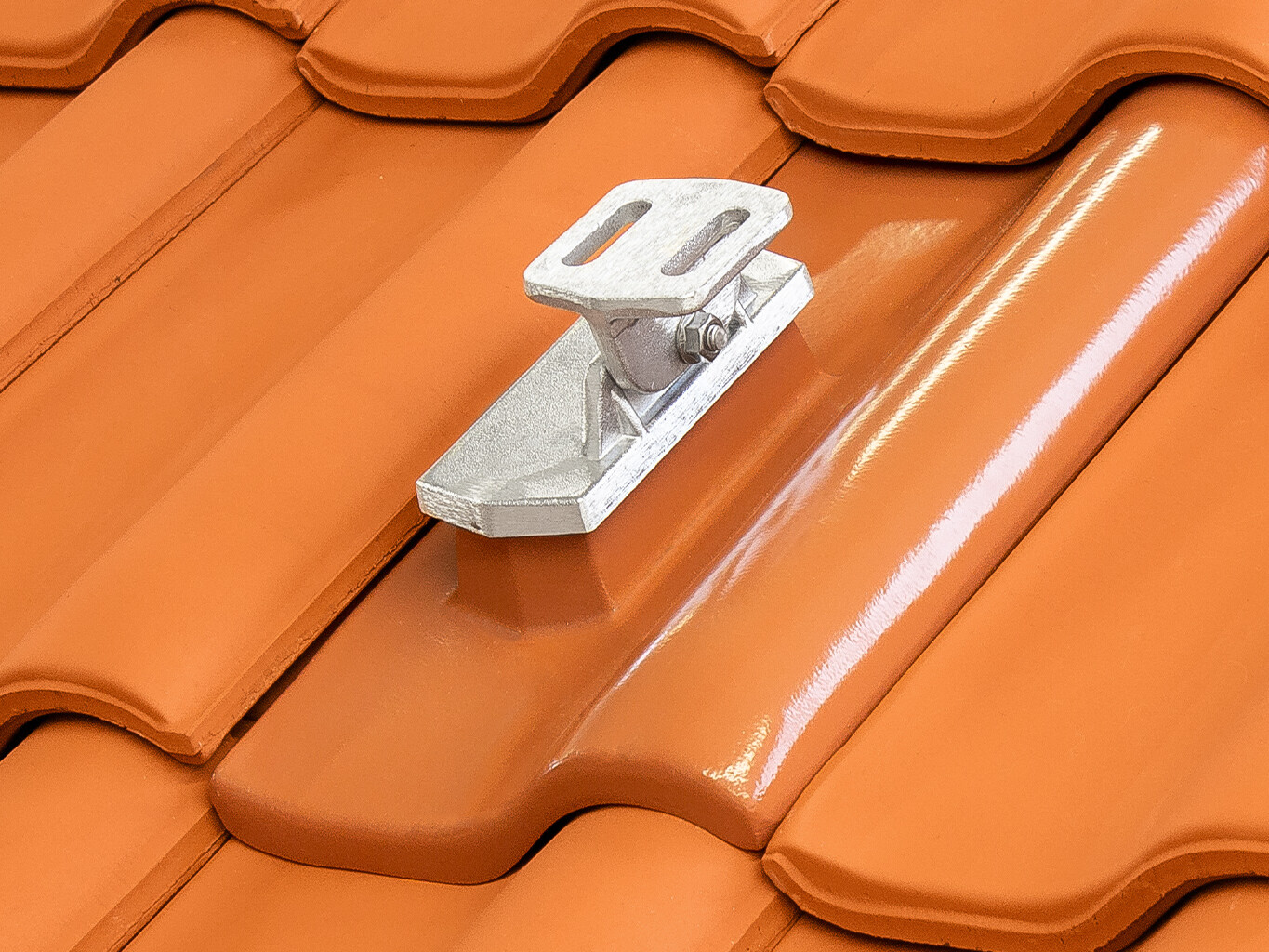
Knowing how heat pumps work is essential if you want to install one in your own home. There are three types: geothermal, ducted air-source, and central heat pumps. Find out how to choose the best heat pump for your home by reading on. Also, learn how to safely remove an existing system. It is important to plan properly if you intend to install heat pumps in your home.
Ducted heat pump from air source
Ducted heat source heat pumps offer a great solution for homes that need more heat in the winter and cooler in the summer. These systems can be installed in separate rooms or through a ductwork network to circulate conditioned air throughout the house. They can be installed in any room or throughout the house to provide temperature control. These are some of the advantages of ducted heating pumps.

These HVAC systems are extremely efficient in terms of energy consumption. They also reduce greenhouse gas emission. They are available in both ducted and ductless varieties. Ducted heat pumps can save you hundreds of bucks a year on your energy bill and help you avoid buying a new central AC system. They also reduce allergens in the air and provide much more comfortable cooling during the summer months. You have the option of ductless or conventional ducted models, depending on how big your home is.
Geothermal heat pumps
Installing a geothermal heatpump in your home will allow you to harness the heat of the earth's natural heat. They circulate a fluid in a closed loop. The fluid is usually made from plastic tubing, and is either buried under the ground or submerged in water. The heat exchanger transfers heat from a heat pump's refrigerant into the antifreeze solution in a closed loop. These heat pumps are usually horizontal or vertical, but there are also stand-alone models available that are capable of providing domestic hot water.
Before you decide on the type of geothermal system that you want to install in your home, it is important to know which one will best suit your needs. There are two types, open loop or closed loop. The former is cheaper to install and uses the ground's natural heat to cool your home. The latter is less popular and should only be installed where there is groundwater. Each type of installation will require different installation methods. If you aren't sure which type of system would work best for you, it is worth speaking with a professional.
Central heat pumps
Consider the pros and disadvantages of central heat pumps before installing one in your home. Energy efficiency is the most important factor to consider when purchasing a heat pump. The longer your heat pump can stay in your home, the more efficient it will be. A qualified HVAC professional is capable of determining the appropriate size heat pump to fit your home and duct system. Once you know how much energy your heat pump uses, it is time to calculate how much money savings you will make.

There are many types of central heat pump on the market. There are budget-priced models and more expensive options. The lifespan of budget-priced models is between 12-16 years. Standard-priced heat pumps are moderately priced and last 15 to 18 years. The most expensive heat pumps, but they are of excellent quality and last for 17 to 22 years. You can select the brand that best suits your needs and your budget.
FAQ
Can I cancel my agreement at any time?
Yes, but you must do it within 14 days after signing the contract. Your contract can be ended by giving notice in writing up to seven days before the deadline. If you do not give enough notice, the contractor may still owe you money for work that has been completed.
Where can I find more information about building permits?
Check with your local government authority (for example, NSW Local Government Association) or contact your local real estate agent. They should be able tell you the best way to go about obtaining permission.
What documents must I show to get building permission?
Along with your SCA, proof must be provided that:
-
Visitors can park in the ample parking lot.
-
They are also suitable for those who need to access them.
-
All utilities are available; and
-
All works conform to applicable planning regulations.
How much does it cost for you to apply for building permits?
It depends on your state and the complexity. It will also depend on whether permission is being sought to build or expand your house. It can take several months to complete the application process. Be prepared to wait until it is completed.
Statistics
- Reasonable late fees go up to 25% per year on unpaid sums. (lawdepot.com)
- (1) Ascertain the extent to that offers are based on the payment of overtime and shift premiums; and (2) Negotiate contract prices or estimated costs without these premiums or obtain the requirement from other sources. (acquisition.gov)
- Don't take their anger personally, they are mad about the situation 99% of the time. (activatemylicense.com)
- (3) The contracting officer may provide for a contract price adjustment based solely on a percentage rate determined by the contracting officer using a published economic indicator incorporated into the solicitation and resulting contract. (acquisition.gov)
- (d) Contractor disputes related to compliance with its obligation shall be handled according to the rules, regulations, and relevant orders of the Secretary of Labor (see 41 CFR60-1.1). (acquisition.gov)
External Links
How To
What should a service agreement include?
Service agreements (SAs) are essential for any business relationship. It sets out what you expect from one another and how you intend to achieve these expectations. It also outlines when and where the other party must fulfill its contractual obligations.
A successful SA must include these key elements:
-
The scope of both the work and the services required.
-
Information about payment terms, including the start and end dates for delivery of goods/services.
-
A project cost agreement.
-
Any additional charges, like VAT, etc.
-
If there are any other issues that need to be addressed.
-
Who will be held responsible for any problems that may arise on the job?
-
How disputes are resolved
-
What happens when one party breaks the contract?
-
What happens in the case of a dispute?
-
When does this contract go into effect
-
What happens if a party doesn't perform.
-
How long do you have to pay invoices?
-
Who pays for expenses such as travel?
-
Where the money is coming from.
-
What happens if a client changes his mind?
-
What happens if your supplier doesn't show up?
-
Who has permission to view the site during construction
-
What happens when the customer cancels a project?
-
What happens when the product is defective?
-
What happens if a manufacturer refuses to provide parts?
-
What happens if the equipment is damaged?
-
What happens if the project takes longer than expected.
-
What happens if you don't complete the work within the set timeframe?
-
What happens when the project's quality falls below what you expected?
-
What happens when the cost is too high?
-
What happens if the materials aren't delivered on time.
-
What happens when the material arrives damaged.
-
What happens when the products don't meet standards?
-
What happens if the job has to be canceled?
-
What happens if the company goes bankrupt?